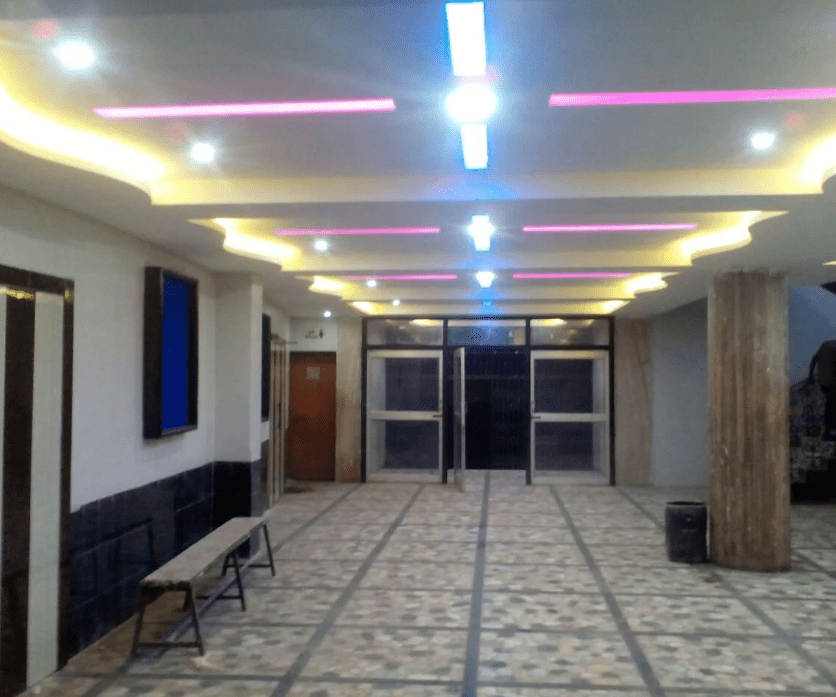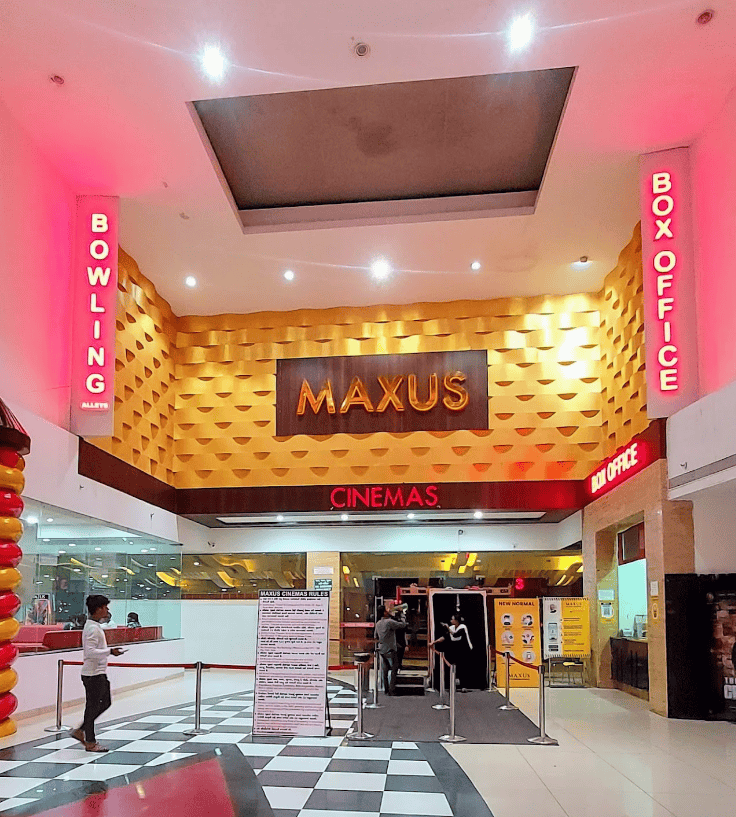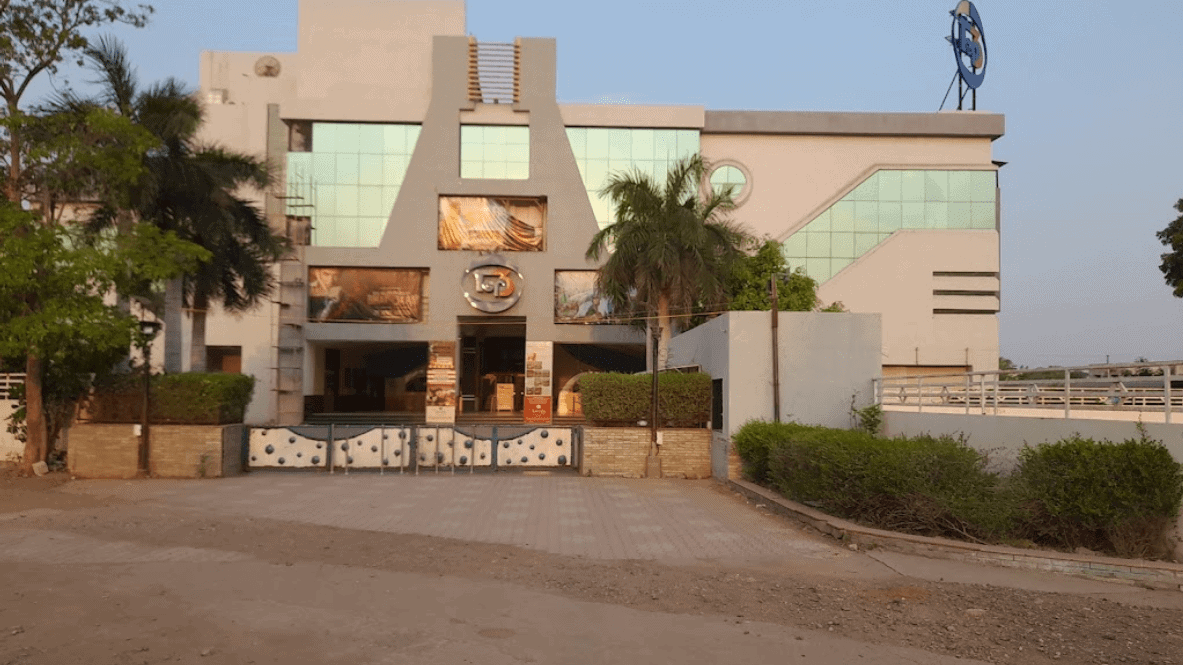- ( 0 Reviews )
For years, Galaxy Cinema stood as a beloved entertainment hub in Bhavnagar, Gujarat. The multiplex welcomed countless movie enthusiasts, families, and friends who gathered to enjoy the latest blockbusters on the big screen. However, like many cinema halls across India, Galaxy Cinema eventually closed its doors, leaving the community wondering what went wrong.
The Perfect Storm: Multiple Factors at Play
The closure of Galaxy Cinema wasn’t the result of a single issue but rather a combination of challenges that proved overwhelming for the business.
Financial Pressures Mount
Cinema operations require substantial ongoing investments. From maintaining projection equipment to upgrading sound systems, the costs add up quickly. Galaxy Cinema likely faced mounting operational expenses while dealing with declining revenues, creating an unsustainable financial situation.
The real estate costs in prime locations like Bhavnagar can be particularly burdensome for entertainment venues that require large spaces. High rent, coupled with maintenance costs and staff salaries, created a significant financial burden that became increasingly difficult to manage.
The Digital Revolution Changes Everything
The rise of streaming platforms fundamentally altered how people consume entertainment. Services like Netflix, Amazon Prime, and Disney+ Hotstar offered viewers the convenience of watching movies at home, often within weeks of theatrical release.
This shift became particularly pronounced during the COVID-19 pandemic, when people grew accustomed to home entertainment. Many viewers discovered they preferred the comfort and cost-effectiveness of watching movies at home rather than visiting cinemas.
Competition From Modern Multiplexes
Newer multiplexes with state-of-the-art facilities likely drew audiences away from Galaxy Cinema. Modern theaters with premium seating, advanced sound systems, and luxurious amenities appeal to consumers willing to pay higher ticket prices for enhanced experiences.
These newer venues often feature multiple screens, allowing them to show various films simultaneously and cater to diverse audience preferences. This flexibility gives them a significant advantage over smaller, older establishments.
Changing Consumer Behavior
Today’s moviegoers are more selective about their cinema experiences. They’re willing to pay premium prices for blockbuster films with spectacular visual effects but may skip smaller releases they can easily watch at home.
The frequency of cinema visits has also declined among many demographics, particularly younger audiences who grew up with on-demand digital content. This shift in viewing habits directly impacts ticket sales and concession revenue.
Impact of the Pandemic
The COVID-19 pandemic delivered a devastating blow to the cinema industry. Extended lockdowns forced theaters to remain closed for months, with no revenue coming in while fixed costs continued to accumulate.
Even after reopening, many theaters struggled with reduced capacity, social distancing requirements, and hesitant audiences who remained concerned about public gatherings. These factors likely accelerated existing financial challenges at Galaxy Cinema.
The Community Response
The closure of Galaxy Cinema disappointed many Bhavnagar residents who had formed emotional connections to the venue. Social media posts and local discussions revealed how the cinema had served as more than just an entertainment venue – it was a social gathering place where memories were made.
Many community members expressed nostalgia for the affordable entertainment option Galaxy Cinema provided, particularly for families and students who couldn’t afford premium multiplex experiences.
Broader Implications for Bhavnagar’s Entertainment Landscape
The closure of Galaxy Cinema represents a larger trend affecting entertainment venues nationwide. Single-screen cinemas and older multiplexes face increasing pressure to adapt or close.
Reduced Entertainment Options
With fewer cinema options available, Bhavnagar residents may need to travel further for movie experiences or rely more heavily on home entertainment. This reduction in local entertainment venues impacts the city’s cultural landscape and social opportunities.
Economic Impact on Local Businesses
Cinema closures affect surrounding businesses that benefited from foot traffic. Restaurants, cafes, and retail shops near Galaxy Cinema likely experienced reduced customers, creating a ripple effect throughout the local economy.
Employment Consequences
The closure resulted in job losses for cinema staff, from projection operators to concession stand workers. These employment impacts extend beyond immediate staff to include security personnel, cleaning services, and other support roles.
Lessons for the Entertainment Industry
Galaxy Cinema’s closure offers valuable insights for other entertainment venues facing similar challenges:
Adaptation is Essential: Successful cinemas must continuously upgrade facilities and adapt to changing consumer preferences. This might include offering premium experiences, food services, or special events.
Diversification Matters: Venues that rely solely on traditional movie screenings face higher risks. Successful establishments often diversify with live events, private screenings, or corporate functions.
Location Strategy: Prime locations with high rent may not be sustainable for traditional cinema models. Some successful theaters have moved to more affordable locations while maintaining quality experiences.
The Future of Cinema in Bhavnagar
While Galaxy Cinema’s closure marks the end of one chapter, it doesn’t necessarily signal the death of cinema culture in Bhavnagar. The community’s love for movies remains strong, creating opportunities for new models and approaches.
Future cinema ventures might focus on:
- Premium experiences that justify higher ticket prices
- Community-focused programming with local content
- Hybrid models combining traditional screenings with events
- Partnerships with streaming platforms for exclusive releases
Moving Forward
The story of Galaxy Cinema serves as a reminder of how rapidly the entertainment industry is evolving. While its closure represents a loss for the Bhavnagar community, it also highlights the importance of innovation and adaptation in today’s competitive entertainment landscape.
For movie lovers in Bhavnagar, the challenge now lies in finding new ways to maintain their connection to cinema culture, whether through remaining theaters, home viewing experiences, or future entertainment ventures that may emerge to fill the void left by Galaxy Cinema’s departure.
The entertainment industry will continue to evolve, and communities like Bhavnagar must adapt while preserving the social and cultural experiences that make cinema special. Though Galaxy Cinema may be gone, the memories and community connections it fostered will endure, serving as inspiration for whatever comes next in the city’s entertainment landscape.

 Hospitals
Hospitals Companies
Companies

